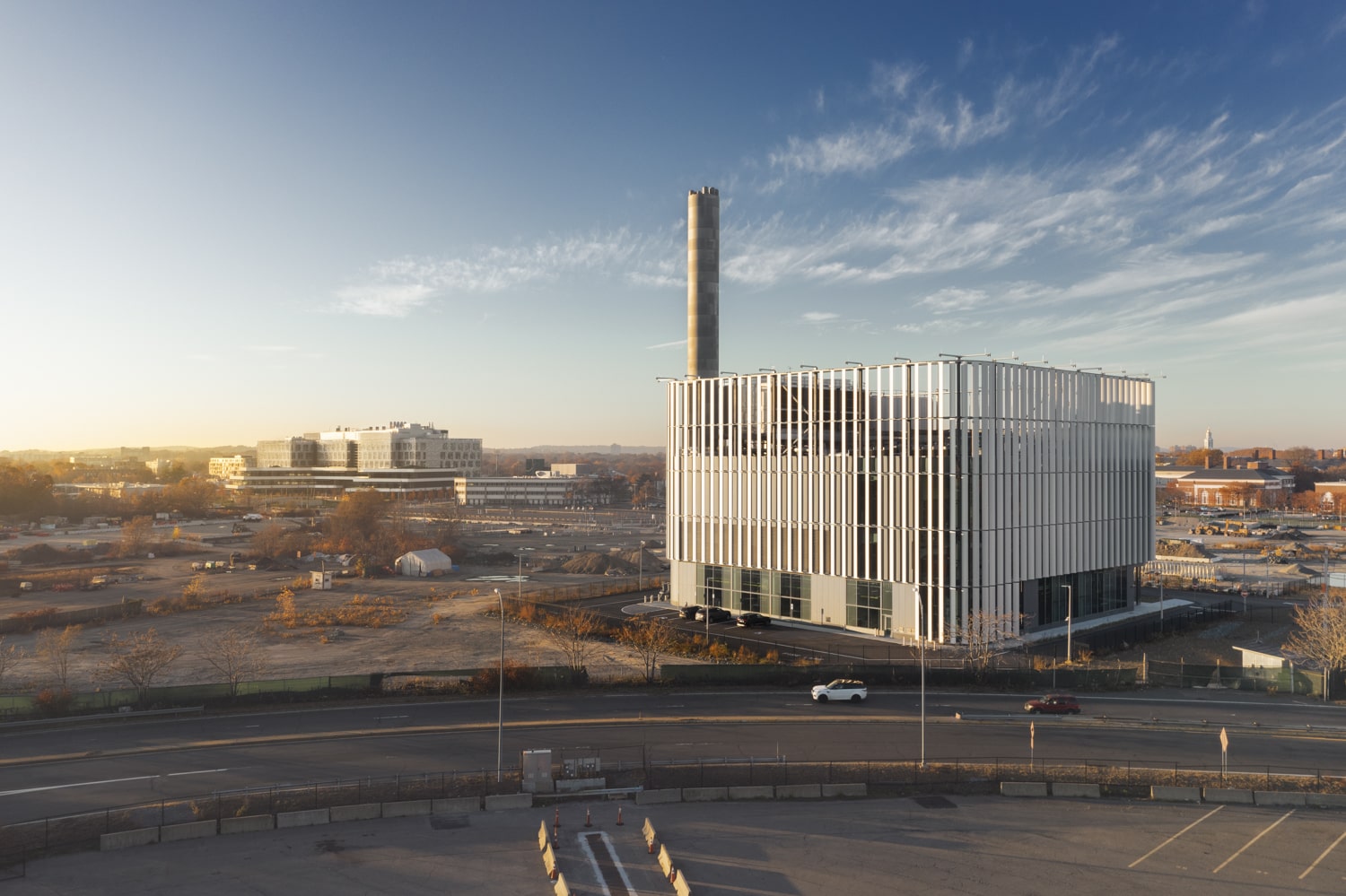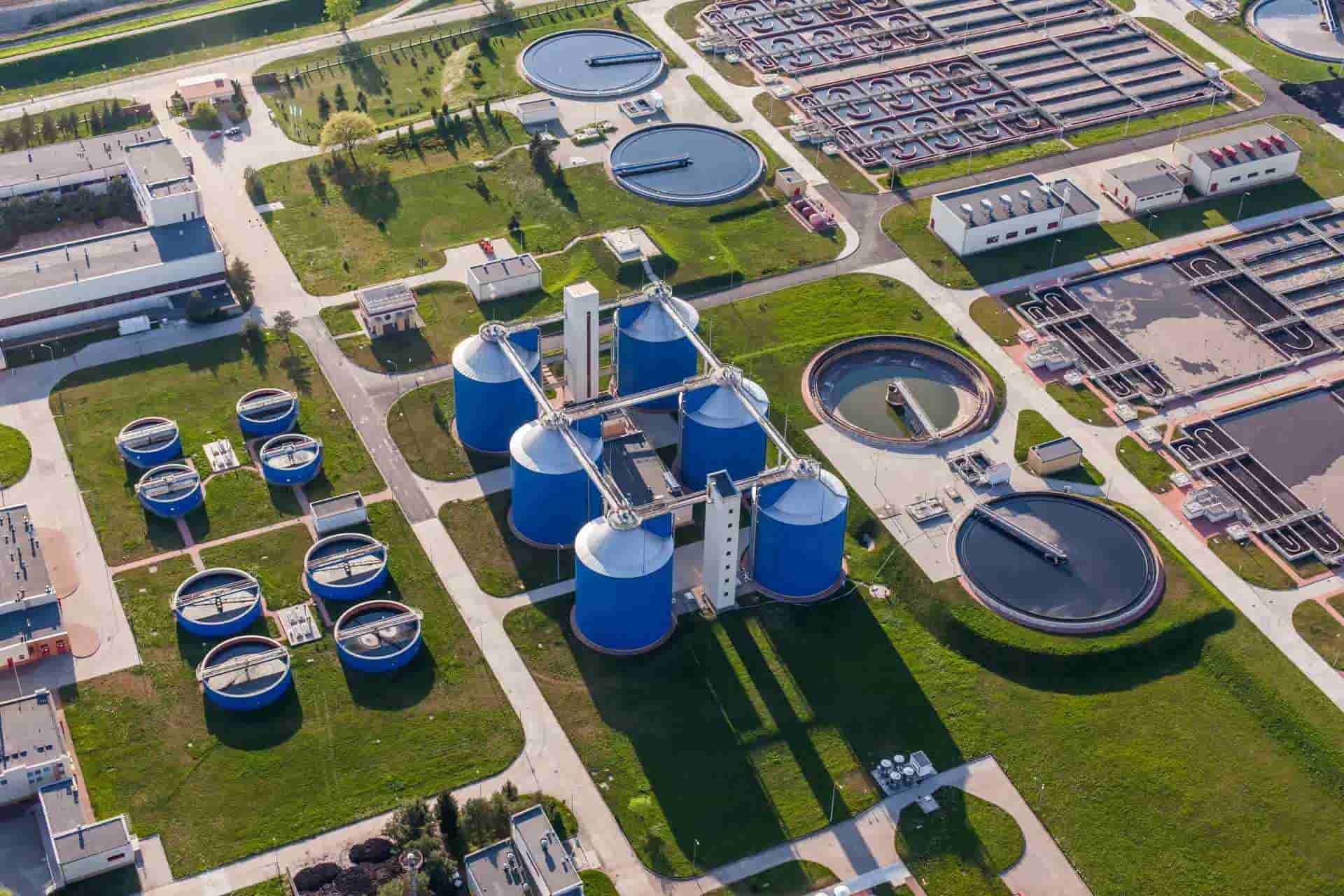Hospitals, with their unique energy needs, stand to benefit significantly from integrating CHP systems into their infrastructure.
Energy Usage in Hospital
Energy usage in hospitals takes a number of forms, playing a crucial role in supporting the complex operations and services they provide. From powering medical equipment and lighting to maintaining comfortable temperatures and sterilizing equipment, hospitals require a significant amount of energy to ensure optimal patient care and treatment. The diverse energy needs encompass electricity for lighting, HVAC systems, and specialized medical equipment, as well as thermal energy for heating water, maintaining sterile environments, and supporting various medical procedures. Efficient management and utilization of energy resources are essential for hospitals to maintain uninterrupted operations, provide a safe and comfortable environment for patients, and ultimately deliver high-quality healthcare services.
How CHP Works in Hospitals
Power Generation
CHP systems in hospitals utilize a single fuel source, such as natural gas or biogas, to power an on-site generator. This generator produces electricity to meet a portion of the hospital’s energy demand.
Waste Heat Recovery
Unlike conventional power generation methods, CHP systems do not waste the heat generated during electricity production. Instead, specialized equipment captures and repurposes the waste heat for various applications within the hospital, including space heating, hot water supply, and sterilization processes.
The Advantages of CHP in Hospitals
Substantial Energy Cost Savings
CHP systems significantly reduce a hospital’s reliance on external power sources by generating electricity on-site. By decreasing dependence on the grid and volatile utility prices, hospitals can achieve substantial cost savings, freeing up resources that can be better allocated toward patient care and treatment.
Enhanced Energy Efficiency
By capturing and utilizing waste heat, CHP systems maximize energy efficiency compared to traditional power generation methods. This results in a reduced overall energy demand, lower utility bills, and increased operational efficiency within the hospital.
Reliable Power Supply
The uninterrupted power supply is critical in healthcare facilities to ensure the continuous operation of life-saving equipment and essential services. CHP systems offer increased reliability and resilience by operating independently of the grid, minimizing the risk of power outages, and ensuring uninterrupted patient care even during emergencies.
Environmental Benefits
Reduced Carbon Footprint
CHP systems play a pivotal role in reducing hospitals’ carbon footprint. By utilizing fuel more efficiently and producing electricity locally, these systems minimize greenhouse gas emissions and contribute to mitigating the impacts of climate change.
Improved Air Quality
Traditional energy generation methods often lead to air pollution, which can have detrimental effects on both patient health and the environment. CHP systems reduce emissions of pollutants such as nitrogen oxides (NOx) and sulfur dioxide (SO2), enhancing local air quality and creating a healthier environment for patients, staff, and surrounding communities.
Investing in Patient Care
By implementing CHP technology, hospitals can redirect the significant energy savings toward enhancing patient care and treatment. These funds can be reinvested in various areas such as acquiring advanced medical equipment, supporting medical research endeavors, and expanding healthcare services, ultimately improving patient outcomes and experiences.









